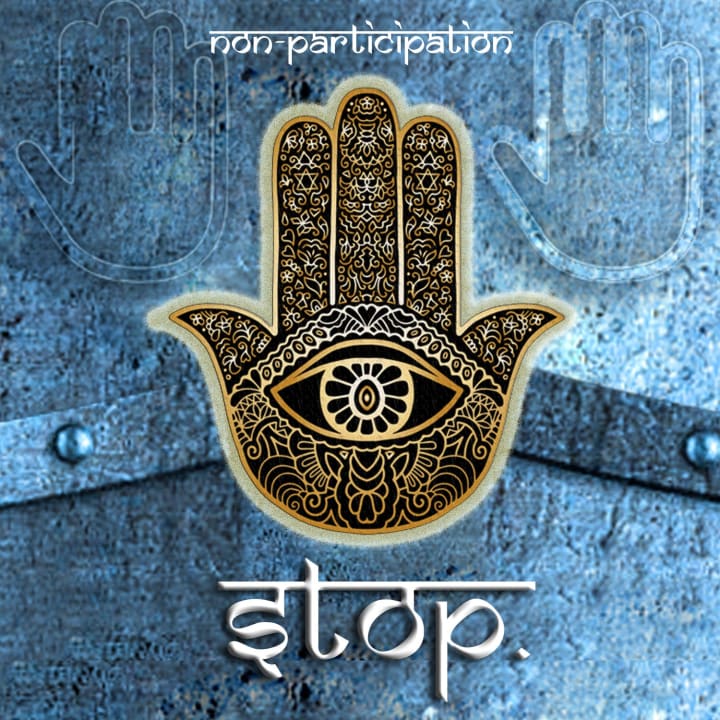What does it mean to be successful today?
It is the 21st year of the 21st century …. have we matured?

The old answers to the question of how to be successful are being re-evaluated. Money. That was the answer from the 19th and 18th centuries. And the 20th century’s answer? Materialism. Big house. *thumps chest* Big Car. *grunts, engine revving*
Twenty-one years ago, the calendar of Western Civilization entered its 21st century. Twenty-one years is the coming-of-age tradition in the modern world. So now, are we mature? Can we make the leap into a more mature society?
Leap of faith into a more mature society…
Maturity for a society would mean … what, exactly? Responsible behavior would translate to renewable energies, I think. Moral, ethical actions would translate to compassion and caring for one another ~ putting others before ourselves.
Do we possess these finer qualities?
Some of us do. More and more of us do, I would hope ~ especially given that this is the 21st year of the 21st century.
So how would we measure success if not by money and not by artificial, material wealth?
I would surmise that a mature measure of success would be helping the Global Change Movement spread. Undeniably, the story of the 21st century is one of change, transition and progress.
The carbon economy is closing its doors on us, and new ways, new means must be found to sustain ourselves. Those new ways look like renewable energies, the maturity of overcoming our addiction to materialism and appreciating having what we need.
Constantly wanting more and more is kind of childish, like a kid throwing a temper tantrum in a supermarket at the checkout line. Materialism and consumerism are addictions, and I believe we need to develop some kind of Twelve Step Program to change those behaviors. When will the "intervention" come? When we hit rock bottom?
Gandhi used the word Ahimsa, which means "non-violence." The symbol for Ahimsa is a hand known as the Hamsa which seems like it's right up in your face, saying, "Stop! Talk to the hand!"

In a world of over-consumption, "non-participation" in consumerism can be a revolutionary act. Let's get off the hamster wheel of over-consumption and over-production. Only non-participation can ultimately save us and get us to the world we really want to live on.
It's one of the greatest ironies of the 21st century that the world's largest online megastore is named after the most vital ecosystem on Earth whose exploitation makes our addiction to materialism possible. It's as if there's a big red flag waving in the wind, the truth so glaringly obvious that we ignore it. No one should even consider making a coffee table out of a Kapok tree. Our economy is based on endless growth while the environment is laid waste. But what is there to be said in the face of such insanity?
Yet statistics about global warming and deforestation and dying coral reefs don't get at the deeper truth, which is that it's our behavior that's all wrong. We plunge deeper and deeper into anxiety and depression and anger, and we glorify violence and aggression and hatred. Just look at the record number of mass shootings in America every year, to cite just one example. What circumstances have caused so many people to feel so torn apart they resort to such drastic violence? What hurts? We don't listen.
We need to pause, stop, and listen and let the world we live in really sink in to our hearts in a way we have ignored. The world needs a hundred thousand Buddhas right now.
Gardeners of Eden
One of my favorite writers Charles Eisenstein has referred to the 21st century’s series of convergent crises a Rite of Passage. It’s synchronistic that the tipping point of global warming coincides more or less with peak oil and fossil fuel scarcity. It’s as if these two factors were inversely proportional. It’s as if there is always a balance in the forces of nature, yin and yang.
What’s our place in that? What is the ecological role of humans? We certainly aren’t here to destroy the environment. We have to tend to, preserve it, nurture it. Aboriginal wisdom clearly knew this.
Not only is there balance in the forces of nature; there is also irony. Wouldn’t it be ironic if our ecological role was actually to tend the Earth … being gardeners of a sort, living all the while in the garden of Eden?
How to measure success...
I used to earned a living as a web developer and made pretty good money. I worked on changing the world as a part-time gig, but something about that seemed wrong. Creating a better world as a side hustle? Many of us struggle to find a way to carve out careers in the still non-existent Global Change Movement.
Success cannot be measured by money, or even making a living as agents of global change. Success must be measured by our ability to affect the future, and the choices being made by not only ourselves by influencing everyone around us.
How many people can we wake up today?
About the Creator
Thomas Tortorich
Author, Publisher:
Listen to the "Stories from the Future" podcast
Speaker:
The Birds & Bees of Climate Change
Positive Futurism emphasizes a sustainable future and cooperative, inclusive culture ~ fiction & nonfiction






Comments
There are no comments for this story
Be the first to respond and start the conversation.